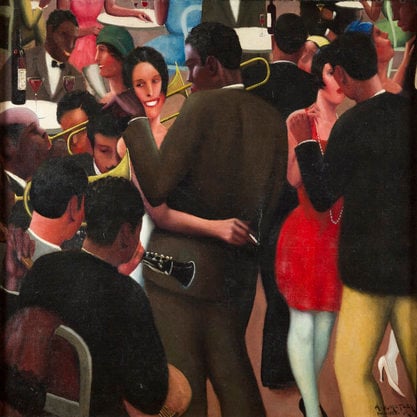Article
Knussen, Oliver (1952--) By Venn, Edward
Article
Oliver Knussen is a British composer and conductor. The son of a double bassist in the London Symphony Orchestra, Knussen came to prominence when he conducted the London Symphony Orchestra in the premiere of his (subsequently withdrawn) first symphony, at the age of fourteen. Knussen’s background, combined with the studies he undertook with John Lambert (1963–69) and Gunther Schuller (1970–73), left him with an extensive knowledge of the repertoire. His music represents a refined synthesis of a range of sources, many of which were located in the first half of the twentieth century, as in Symphony No. 2 (1971), which is set to poems by Trakl. Knussen’s early fame came at a cost; his works were often presented as fragments and oftentimes revised thereafter; other times, commissions were left unfulfilled. Nevertheless, in works such as Ophelia Dances Book 1 (1975) and the Symphony No. 3 (1979), both of which were eventually shorter than originally planned, Knussen’s growing technical facility and propensity for the detailed and complex layering of material demonstrated his increasing confidence. The metrical schemes found in the music of Carter, along with the pitch permutations inherited from Krenek and Stravinsky, play important roles in his technical armoury.


